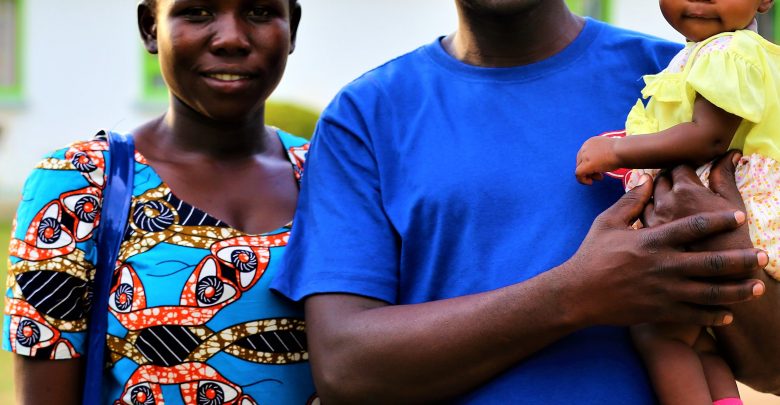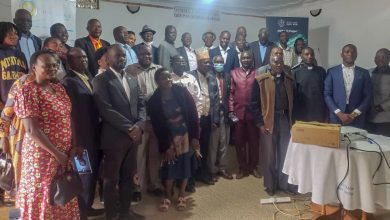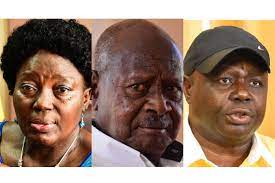
By Felix Omara writes
The Reproductive Health Uganda (RHU) has said many men are now opting for vasectomy.
LIRA CITY-UGANDA: Agnes Apio, Reproductive Health Uganda (RHU) Advocacy Coordinator for Northern Uganda says between 2020 / 2021 in Lango sub region 19 men embraced vasectomy, compared to none in the previous two years (2017/2019).
Vasectomy is a permanent family planning method for men that stops sperms from being injected into semen. Vasectomy involves cutting of male vessels that carry sperms from the testicles, they are tied to prevent sperm from entering into the urethra. This prevents fertilization of a female through sexual intercourse.
According to Family Planning and Reproductive Health Rights specialists, the number of men opting for vasectomies has increased in urban areas compared to rural settings. Dr. Placid Mihayo, the assistant Commissioner of Reproductive Health at the health ministry says some parts of the country are showing an increase while others are not.
Data from the health ministry shows increase in the number of men who carry out vasectomies have been noted mostly in Central and Western Uganda. In the 2017/2018 financial year, a total of 1235 vasectomies were carried out nationally compared to 1313 men in 2018/2019.
Reproductive Health Uganda under the Advanced Family Planning (AFP) initiative carries out family planning through four channels-outreach carried out in communities, government health facilities at no cost. The other two channels include RHU clinics, and social franchise areas where men pay. Through the social franchise channels, men need to part with Shs 2,000. At centers, men pay Shs 100,000.
Many men have acquired this method of family planning as a safety way of living a happy family, like 49-year-old man Castro Odur a resident of Ocokcan cell, Wiakot ward in Agweng town council, Lira district. He is a beneficiary of vasectomy for the last ten years.
“Am a father of 11 children, though I lost three and at the age of 49 this was too much for me and my family, I wanted my wife to go for it and following the doctor’s advice, vasectomy was resolved as the best method for me, I had to change my mind.I was told vasectomy will let me take care of the children I already have and many more of it advantages” Odur says.
In 2020, Joseph Ochaya, a taxi driver and father of three at the time welcomed his second set of twins into the world. He describes the experience as threatening, and that it opened his eyes.
“We earlier planned to stop at three children, but my wife conceived again. We had talked about her getting the Intra Uterine Device (IUD). When she told me she was pregnant I was not amused about it. At the hospital when I was told, she is expecting twins, I almost collapsed.”
According to Ochaya, the surprise of getting another set of twins was too much for him because he had always planned on having three children. To avoid further surprises, he took a personal decision.
“When I asked a doctor, I was told about family planning at Gulu RHU clinic for men. At first, I was scared but after the nurse explained to me, I accepted vasectomy” Ochaya says.
Dr. Annet Nagudi, the director of WISH2Action pdoject at Reproductive Health Uganda (RHU) says the number of vasectomies carried out in centres that are run as private facilities are increasing, while those carrying it out during outreach are reducing.
Dr. Mihayo says the increase has only been noted in certain parts of the country because men still have myths concerning vasectomy.
Men who have vasectomies are encouraged not to have sexual intercourse for at least three months after the process or to use other family planning methods like condoms because the family planning method is not instant. Men with; abnormalities of the scrotum, severe high blood pressure, infections around the genital areas or who just had babies are not advised to carry out vasectomies.




